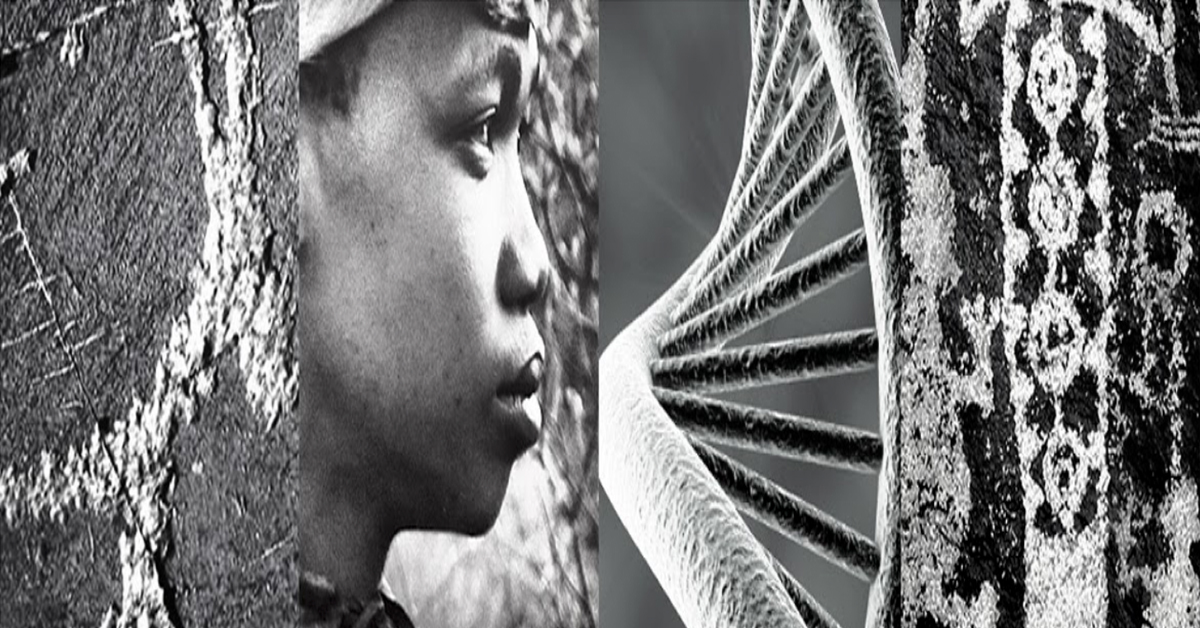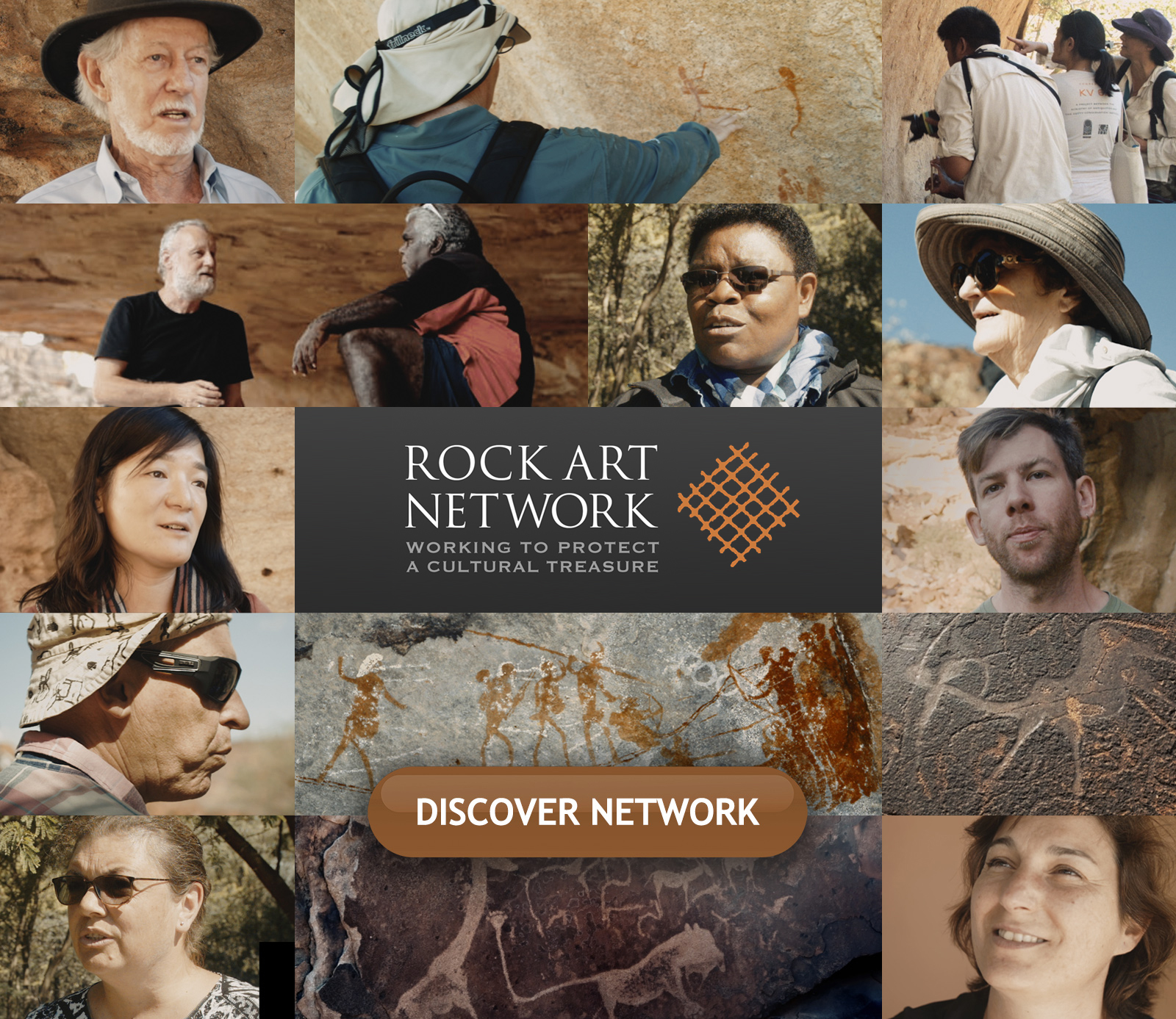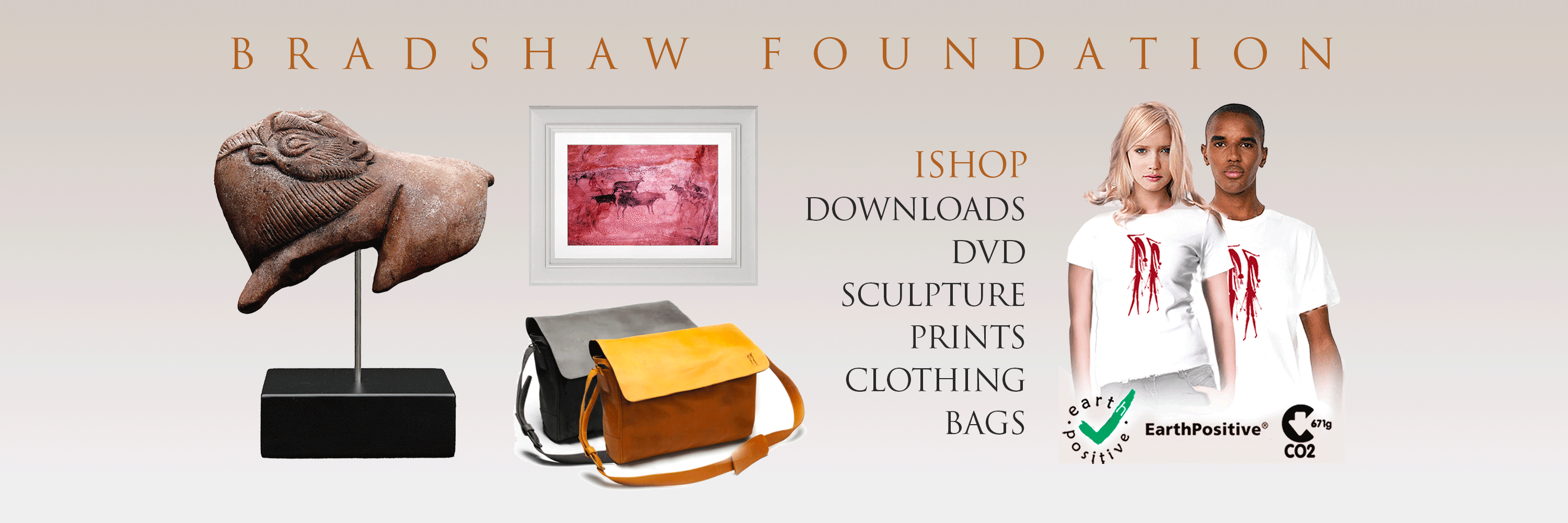
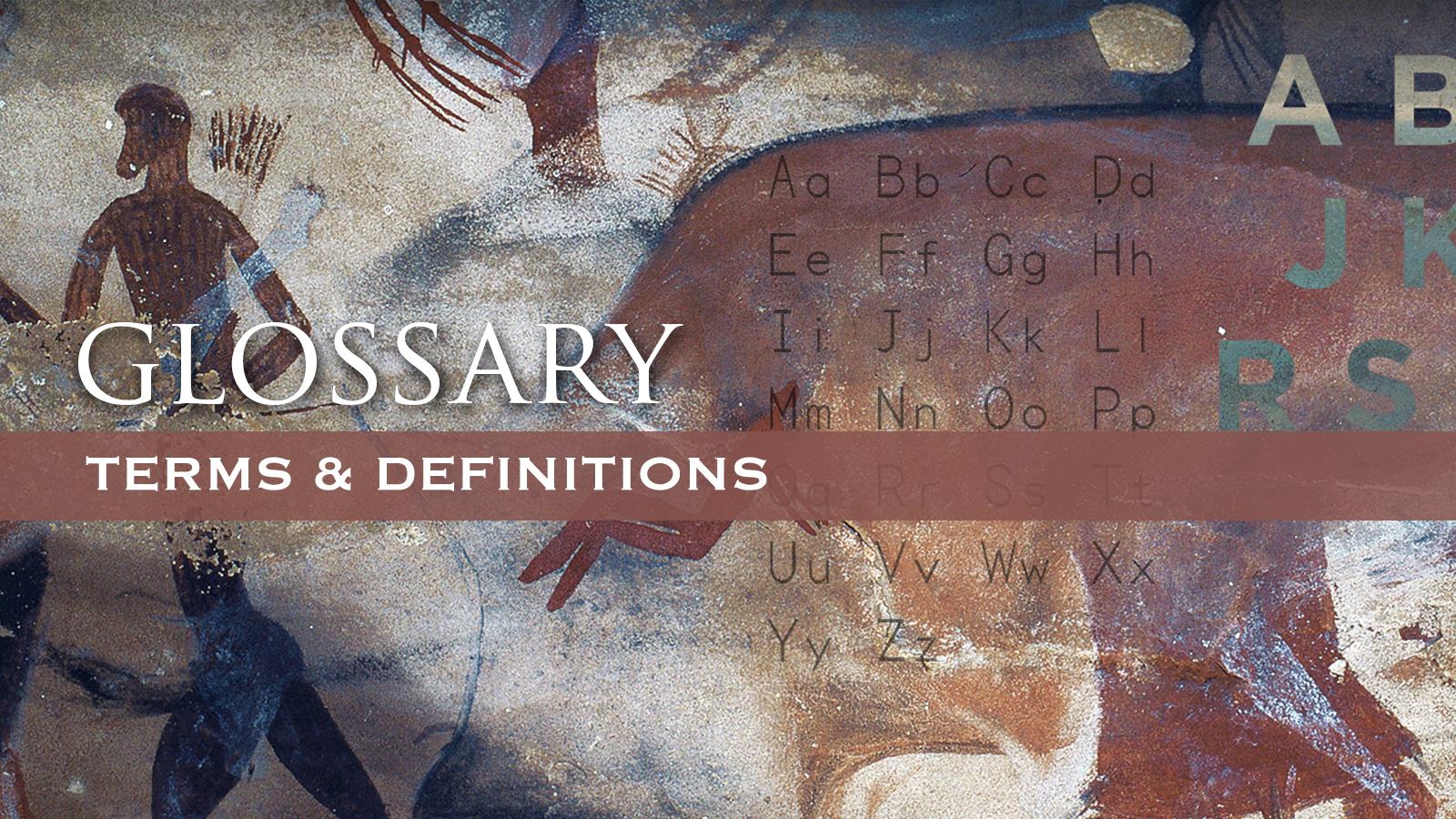
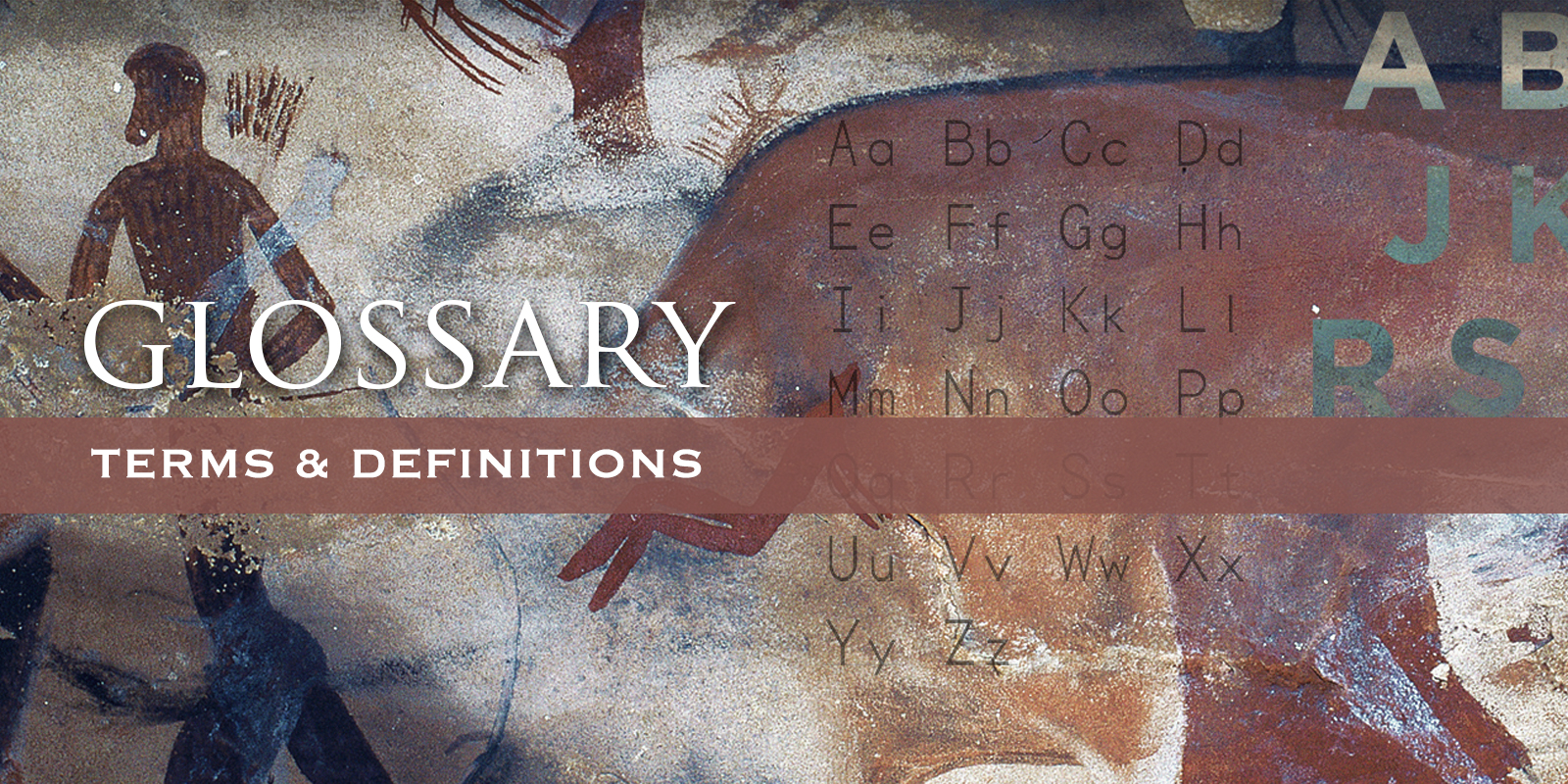
Bradshaw Foundation
Glossary | E
Terms & Definitions
Easter Island
In the southeastern Pacific Ocean, at the southeastern most point of the Polynesian triangle. A UNESCO World Heritage site. In recent times the island has been used as a cautionary tale for the cultural and environmental dangers brought upon by the overexploitation of resources. However, this theory is now being contested by ethnographers and archaeologists alike who argue that the introduction of diseases carried by European colonizers and slave raiding which devastated the population in the 1800s, had a much greater social impact than environmental decline. The name Easter Island was given by the island's first recorded European visitor, the Dutch explorer Jacob Roggeveen, who encountered it on Easter Sunday 1722.
engravings
Also known as petroglyphs. Engravings are pictures, patterns, or designs cut into rock faces by pecking, scraping or grinding with a tool.
entoptic
'Relating to geometric light patterns or images generated within the optical field of the human nervous system in the absence of outside visual stimuli.
epoch
'A unit of geological time that is a division of a period and is characterized by rock formation. The Holocene and Pleistocene epochs of the Quaternary period.
ethnographic analogy
Comparative technique in which information about historic period or extant cultures is used to gain insights about the archaeological past, based on the assumption that if two cultures are similar in some respects, they may be similar in others.
ethology
The study of behaviour displayed by animals in their normal environment.
evolution
The theoretical process by which all species develop from earlier forms of life. According to this theory, natural variation in the genetic material of a population favours reproduction by some individuals more than others, so that over the generations all members of the population come to possess the favourable traits.






